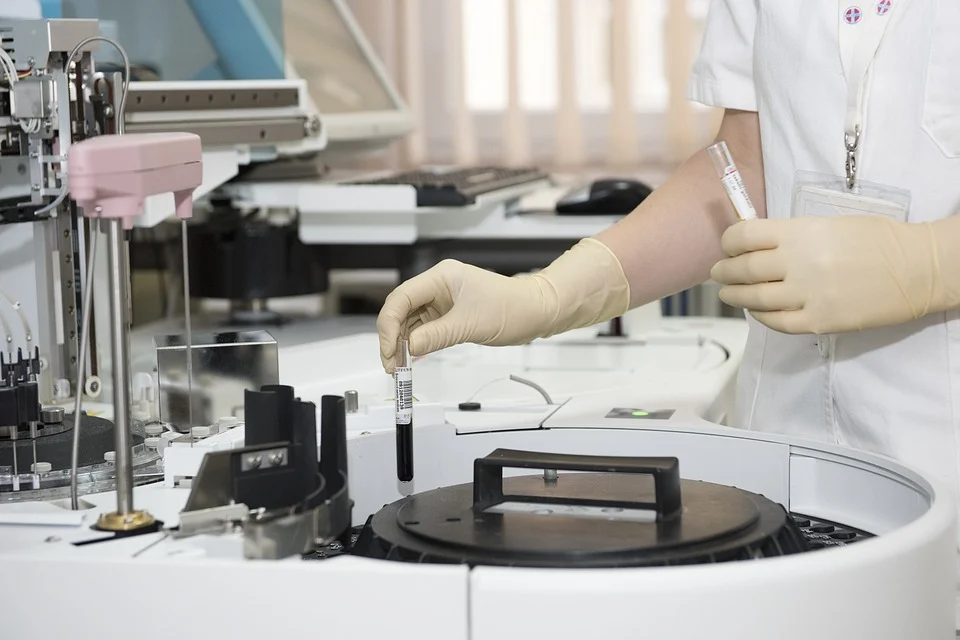Pre-implantation genetic screening of unborn babies is rising in scope and availability as a result of new technology. However, the benefits of these advancements remain unknown, and a candid examination of their enormous moral aspects is now required, concludes a Nature Medicine paper.
Experts raise various ethical concerns concerning the use of polygenic risk ratings, or PRS, through in vitro fertilization, which integrates the impacts of numerous genetic variations with separate tiny consequences into a unified risk assessment.
Individuals may be unaware of the hazards and limits associated with the procedures, and reproductive clinics can lack the time but also the capacity necessary to adequately communicate them. This issue would be compounded if commonplace illness checking was packaged into medication bundles or routinized in forms that glossed over facts and consequences for ongoing care, as seems to have been the situation with certain prenatal testing methods.
Increased genetic screening, like current pre-implantation genetic screenings employed to detect embryos both with and without certain genes, might be considered discrimination if it includes embryo picking based on genetic predisposition for particular illnesses, impairments, or features.
The remark is in response to a Nature Genetics paper describing a strategy for polygenetic evaluation for 12 prevalent disorders. This technology has the potential to make pre-implantation genetic analysis substantially more prevalent than it is now.
To date, the majority of arguments surrounding pre-implantation genetic screening have indeed been limited to expert and scientific groups, as well as personal difficulties faced by a very limited group of individuals. Substantial advancements in molecular genotyping & PRS creation for typical illnesses may eventually render these difficulties a fact for a significant number of doctors and patients.
If the novel tools are utilized to evaluate embryos for societal benefits such as academic performance, the resulting challenges of fairness and equality will be exacerbated significantly.















Leave a Reply